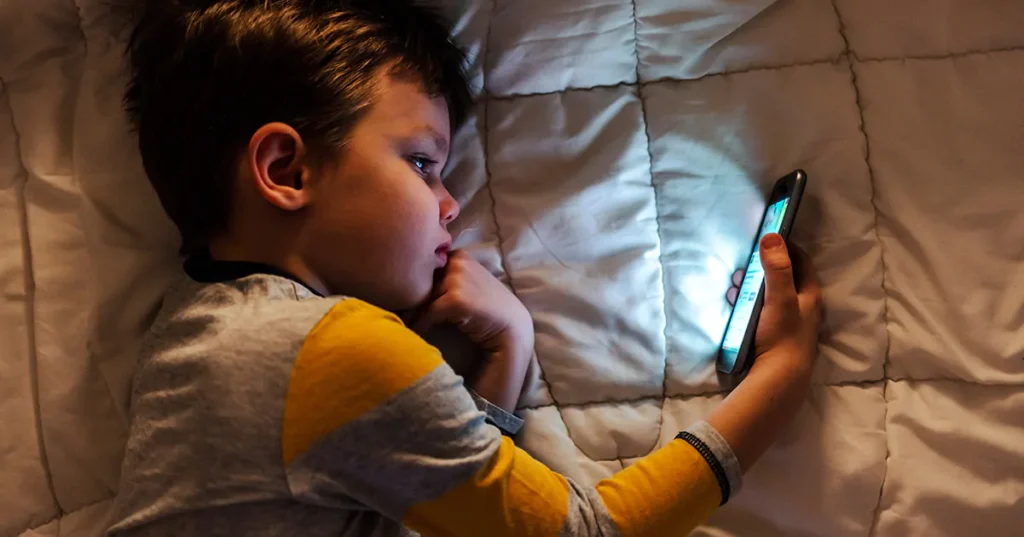Parenting has never been simple, and each generation brings unique challenges. Today’s parents must navigate a world dominated by smartphones and constant internet access. While these tools can be incredibly useful, they also expose children to potential risks, leaving parents to wrestle with the balance between protection and respect for privacy.
A Mother’s Decision Sparks Debate
Laura Muse, a 41-year-old mental health clinician, has found herself at the center of this debate. Laura openly admits to routinely monitoring her teenage children’s phones, believing it is her responsibility as a parent to stay informed about their online activities. “I pay for their phones, so I have the right to check them,” she explains.

Laura started checking her children’s devices when they were 11 and continues to do so now that they are teenagers. Her approach includes requiring her children to hand over their phones at night to prevent excessive screen time. For Laura, these measures are about safeguarding her kids, not micromanaging their lives.
Striking a Balance Between Safety and Independence
As smartphones have become indispensable, many parents feel caught between ensuring their children’s safety and giving them space to grow. Laura acknowledges that she trusts her children but feels it’s essential to monitor their online interactions for inappropriate behavior or potential threats like scams and predators.

When she discovers something concerning, Laura views it as an opportunity for meaningful conversations with her children. These moments, she believes, are teachable and help her guide her kids through the complexities of the digital world.
Divided Opinions on Privacy
Laura’s approach has drawn both praise and criticism. Supporters argue that her vigilance reflects responsible parenting in a world filled with digital dangers. However, detractors view phone monitoring as an invasion of privacy, equating it to searching a child’s personal space without consent.

Platforms like TikTok have become a battleground for these opinions, with some commending Laura’s proactive stance and others urging parents to build trust by allowing children greater independence. The conversation highlights the growing tension between safeguarding children and fostering their autonomy.
Where Do We Draw the Line?
The debate over monitoring children’s phones remains unresolved, as families navigate their own boundaries and values. Should parents have unrestricted access to their children’s digital lives, or does this cross a line into overprotectiveness?
Ultimately, this decision rests with each family, shaped by trust, communication, and individual circumstances. What’s your perspective on this issue? Join the conversation and share your thoughts.